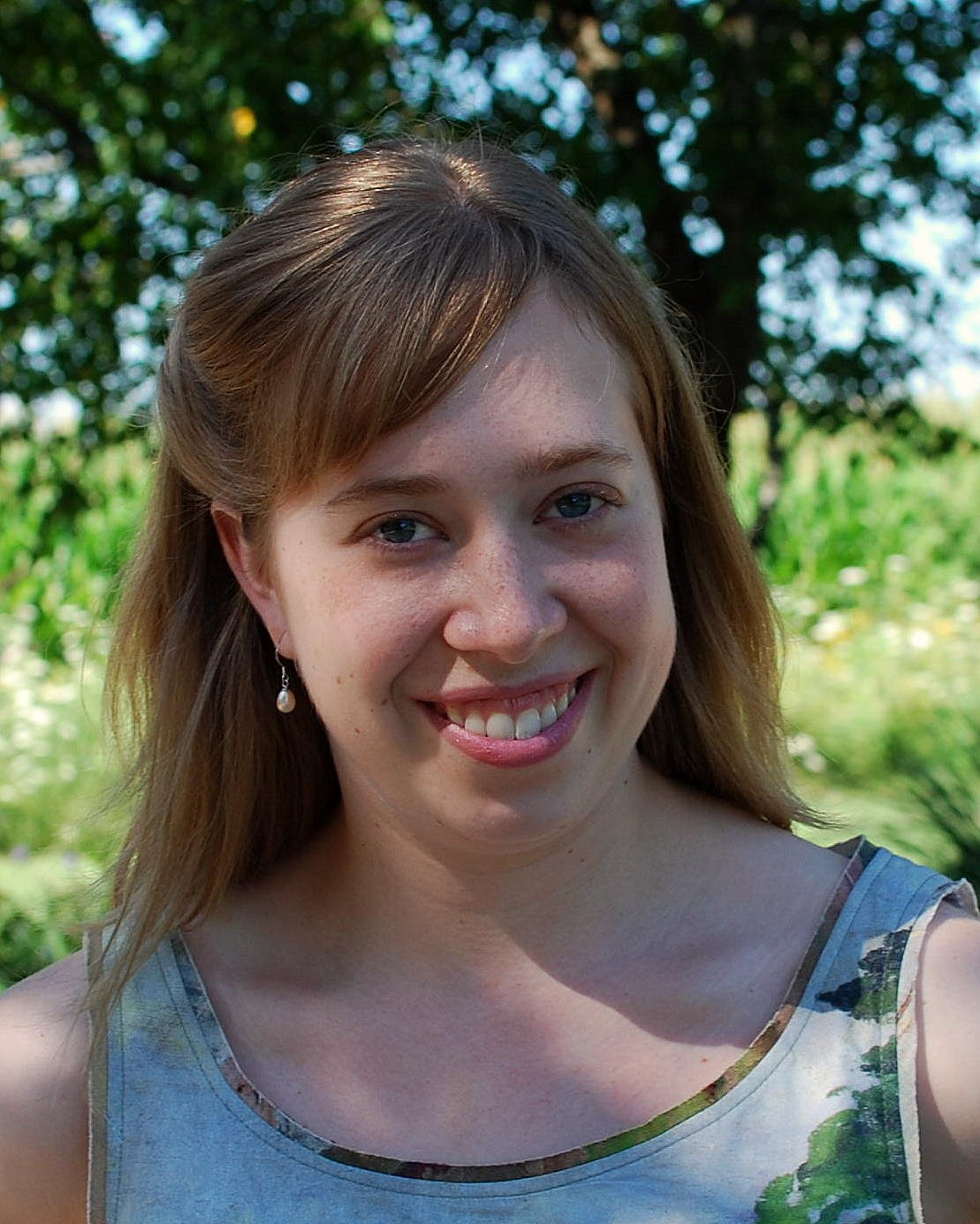Who is your favorite fictional character of all time?
Seriously? That’s not fair, is it? This questionnaire is hard. Although now that I think about it: Death. I’ve never met a portrayal of Death that wasn’t incredible.
Who was your first favorite writer and how old were you when you discovered them?
Lois Ehlert. I fell in love with her when she signed my copy of “Fish Eyes” and told me the secret of the spotted fish on the first page: its pink spots spell FISH. I was a bit too old to still be reading her books by the metrics on the back cover, but still young enough to be absolutely enchanted.
What is your favorite word in any language? Which word do you find most difficult to translate?
Currently, I’m having a love/hate relationship with the oft-mentioned “esprit de l’escalier,” which is when you come up with the cleverest, most perfect response hours after the question. Still waiting for it to hit on this one.
What 5 books would you want with you if you were stranded on a desert island?
If I had the ability to foresee that I’d be stranded on a desert island, I’d plan it out right and bring along the ridiculously long classics that I’ve never read before: War and Peace, Don Quixote, À la recherche du temps perdu, Infinite Jest . . . and probably Eleanor Catton’s The Luminaries, to round it out with something current (and still long).
This is starting to sound appealing, actually. Anyone want to stick me on a desert island with these books?
Which under-translated author do you think deserves wider recognition worldwide?
Madagascar. (Sorry, that’s a country.)
Do you have a translation philosophy that guides your work?
“How would the author have written this if English was their mother tongue?”
Which of the translations that you’ve worked on was the most challenging? Why?
The one I’m working on right now. That’s said partially in jest, yes, but there just so happens to be a new novel I’ve started working on that plays with grammar and words and language a lot. It’ll be rough. And amazing, of course.
How did you learn your foreign language and how did you begin working as a literary translator?
I got thrown into French when I switched schools in junior high, a year and a half behind all the other kids. Fell in love—as you do—and finagled my way into moving to France for a while after undergrad. It slowly started to dawn on me that translation was a viable career option, if potentially not a lucrative one. I lasted six months in a mega-agency’s commercial office before I quit and devoted all my energy to literary translation. Haven’t looked back.
If you could have been born in a culture other than your own which would you choose to be a member of? Why?
I would have loved to be an army brat or a diplomat’s kid. Well, I probably wouldn’t have loved it at the time, but all the moving around and getting exposed to lots of different cultures would have been worth it.
If you hadn’t been a translator what profession would you like to have tried?
In grade school, my list was (in this order): actor, president, funeral director, pastor. As an adult, I’m pleased and incredibly relieved that I didn’t pursue any of them professionally. Alpaca farmer is always an option for later on, though.
Allison M. Charette is a translator and writer who is currently studying for an MA at the University of Rochester. Last year, she won the SAND Journal’s Found in Translation Competition prize for fiction. Her most recent translation, Return to Erfurt, a German Jewish girl’s memoir of the Second World War, will be published in March by Centro Primo Levi Editions. She is also the founder of ELTNA, a support network for early-career literary translators.

